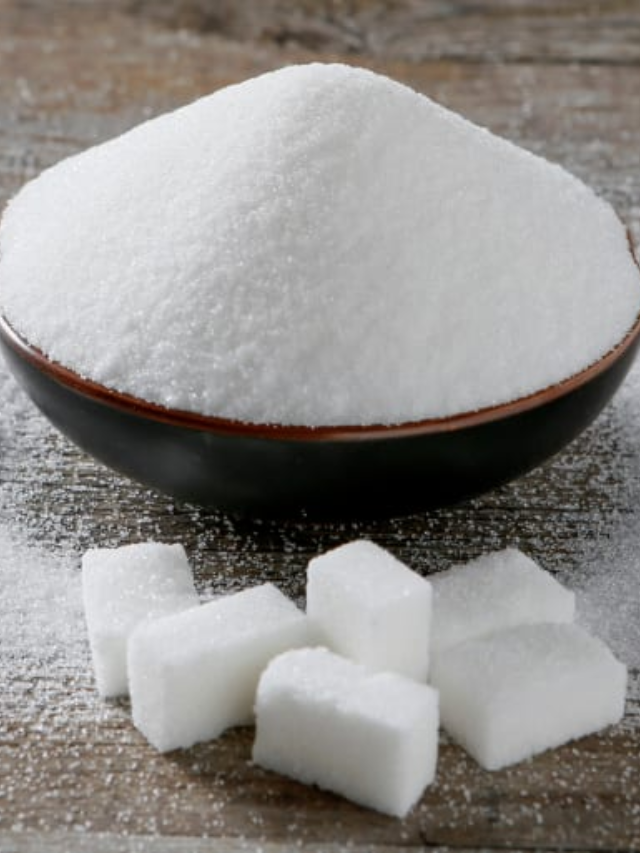
Xylitol, a popular sugar substitute found in peanut butter, toothpaste, and gum, might raise your risk of stroke or heart attack, according to a new study.
Xylitol: Friend or Foe?

Xylitol is a sugar alcohol naturally present in fruits and vegetables. It's also produced in small amounts by the human body. Praised for its sweetness and lower calorie content compared to sugar, it's become a popular sugar substitute.
What is Xylitol?

Xylitol is typically promoted for: Fewer calories than sugar Doesn't spike blood sugar levels
Xylitol's Benefits (or what we thought)

A study by Cleveland Clinic researchers suggests a link between high xylitol consumption and an increased risk of heart attack and stroke in older adults.
New Study Raises Concerns

The study suggests xylitol might: Increase blood clotting Make platelets more likely to clump together
How Xylitol Might Affect Your Heart

The study was observational, meaning it can't definitively prove xylitol causes heart problems. Other factors could be at play.
Study Limitations

Lab experiments within the study showed xylitol consumption increased blood clot formation risk.
Lab Findings Support Concerns

The study focused on middle-aged adults. Researchers advise moderation and suggest consulting a doctor for personalized recommendations.
Safer Alternatives?

The safe daily intake of xylitol is unclear from this study. Previous research suggests 0.4 to 1.1 ounces might be safe.
How Much Xylitol is Too Much?

Check food labels! Xylitol is found in: Chewing gum (Trident, Airheads) Mints (Mentos)
Xylitol in Everyday Products